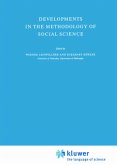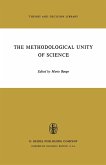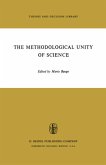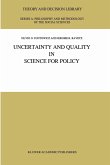The papers of Jacob Marschak which follow in these volumes are an extraordinary combination of original and fruitful departures in economic and social thought, superb clarity of exposition, and sensitivity to the values of earlier work and even competing traditions. They make us marvel alike at their variety, their quantity, and their quality. But they do not, even so, fully reflect Marschak's contributions to the development of social science. He has had an unusual influence as one who exercises leadership. In a formal, organizational sense, this role has been manifest in his capacity as Director of the Cowles Commission for Research in Economics, then at the University of Chicago, in that organization's most productive and influential period, and later in his central role in the Western Management Science Institute, at the University of California at Los Angeles. I can speak from first-hand knowledge about the first. His special capacities are, first, the recognition of promising new concepts and of promising young scholars, and, second, getting his colleagues to join him in developing the ideas and involving them fully in the necessary tasks. There was an unusual combination of strength and humility in his methods; a display of force in pushing the work along but a willingness, almost an insistence, on treating even the most junior associate as a fully equal colleague in intellectual develop ment, whose criticism of himself was to be encouraged. His leadership has been exercised in the absence of formal positions.








